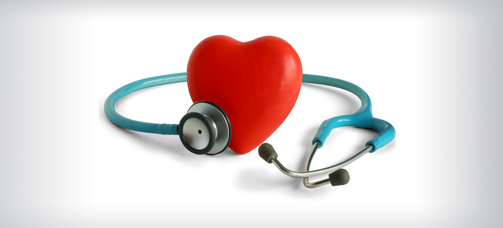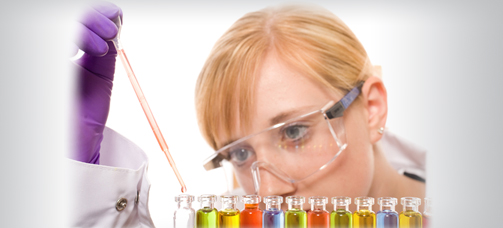Adolescent Advice
Talking with your Teen about Drugs
This following link provides a new booklet put out by the Government of Canada as well as found in their website. It is very understandable and comes with pictures of the most common drugs for this decade.
What can you do?
- Be knowledgeable
- Communicate with your TEEN
- Watch for signs
- Learn about drugs
- Discuss the issue with us during a clinic visit
Highlights include:
In Ontario in 2007, 25.6% of youth in grades 7-12 reported use of Cannabis – double the number who reported Smoking
In 2006, over 90% of seized ecstacy samples analyzed by Health Canada also contained another drug – methamphetamine(30.9%)
In 2004, 29% of youth aged 15-17 reported being a passsenger in the car with someone who had used cannabis in the previous 12 hours before driving.
For Health Canada information click here.
The teenage years are from ages 13 to 19.
Milestones include, but are not limited to, driving a vehicle, having legal sexual relations, serving in the armed forces or on a jury, purchasing and drinking alcohol, voting, entering into contracts, completing certain levels of education, and marrying.
Yearly physical examinations are recommended.
During this visit the following issues can be addressed:
- Immunization , Immunization of Adolescents – Yearly influenza vaccine, Hepatitis B vaccination, Gardasil are discussed
- Development of the body Emotional issues HEADSSS: or HEADSSS long form:
- Home situation, Education, Activities, Drugs including SMOKING,
- Sex, Suicide/Depression, Safety





